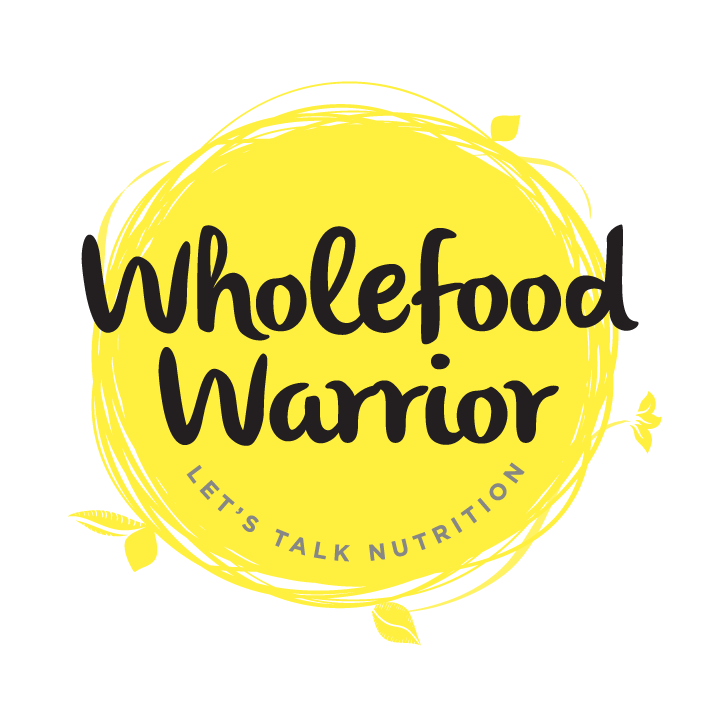It seems like a week cannot pass without a new documentary popping up about the damaging effects of meat consumption on our health and environment.
From the ‘Game Changers’ on Netflix to the BBC’s ‘Meat: a threat to our planet?’, every media outlet is adamant that we should avoid eating meat as much as possible.
I have my views on these “documentaries”, which are long-winded, so for the sake of being succinct let me summarise:
- shock value sells, balanced views do not. These documentaries are beautifully one-sided, often omitting or bending the truth for the sake of extra shock value.
- sustainability is never mentioned. Farming is often referred to as American factory farming for the mass meat market (basically burgers) instead of sustainable farming practices. There is a vast difference between the two and trust me, some of our British sustainable farmers deserve a medal they do that much good.
- I actually applaud the documentaries for encouraging more vegetable consumption. More veg = more nutrients, job done.
- plant-based alternatives aren’t exactly always health-promoting
Vegan alternatives
Let’s just hone in on that last statement. Theoretically (or at least according to these “documentaries”) you ditch the beef burger, swap to a vegan alternative and the environment is saved and you are now way healthier. Seems easy enough doesn’t it?
Sadly vegan meat alternatives don’t necessarily mean more nutrients or better health.
Take the impossible burger for example. It is mostly soy, mixed with some potato, flavoured with genetically engineered yeast. Yum! The subtle hints of GENETICALLY ENGINEERED yeast with what is already GM soy.
Basically it is just ultra-processed junk that will not make you healthier or save the planet.
Keeping it British
For the sake of relevance, I had a quick look at common meat-free products in one of my favourite supermarkets. Here is what I located:
The good points:
- Both brands use non-GM soy. This in itself is a small miracle considering that the majority (up to 90%) of soy is now GM.
- The latter uses sustainable palm oil.
The not so good points:
- Both products are soy-based. Soy is not grown in the UK (or at least not in significant quantities) meaning these have likely travelled from across the pond. I’m guessing (but can’t be 100% certain) that this travel didn’t happen in a carbon-neutral manner.
- minus the odd whole ingredient, note broad beans in the second product, the remainder are vastly processed fractions.
- extracting protein from soy, wheat or any vegetable for that matter, isn’t particularly environmentally friendly, using up a fair amount of water and/or chemicals. This is almost a double whammy of water if we consider that water is also needed to grow soy in the first place.
- they both contain random ingredients to thicken, add flavour, emulsify etc etc. These are entirely processed and it’s questionable whether they actually have a place in a human diet. Methylcellulose, for example, is made using methyl chloride, a known pollutant gas.
The impact
Consider this: we fly a bunch of soybeans to the UK, we chemically hash them up, use up water and release byproducts (some toxic, others not) in the process. These taste of nothing so we make some lovely chemicals to go with them in order to create something that is a palatable meat replacement.
Seriously, does this actually sound ok?
For the sake of transparency, I have zero issue with non-GM soy and naturally made products from soy. They have a place as much as those Spanish sweet potatoes that we bring into the country. Factually, the UK can’t feed itself without some food being brought in from elsewhere.
The notion that a bunch of chemically altered ingredients are somehow superior to sustainably reared meat leaves a lot to be desired. The reality is that processed meat alternatives aren’t better environmentally or from the perspective of health. If anything, they are worse.
As consumers, we have the power to demand change. Change to more sustainable farming practices, change to healthier food. Let’s not get sidetracked by weak arguments that promote switching to ultra-processed plant-based options.



